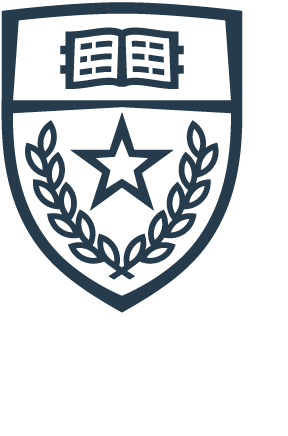04/11/2019 -
Imagine a world where accessing and interacting with technology doesn’t require keyboard or voice input—just a quick mental command.
Imagine “speech prosthesis” technology that would allow people who are unable to communicate verbally to speak without expensive and highly customized interfaces. Imagine a device that could read a users’ mind, and automatically send a message, open a door, or buy a birthday present for a family member.
Read more
04/10/2019 -
On Thu, 4 Apr 2019, the UT Programming Contest (UTPC) team competed at the International Collegiate Programming Contest (ICPC) World Finals at the University of Porto in Porto, Portugal.
The competition consisted of teams from 135 regions (approx. 405 students) trying to solve 11 problems in 5 hrs. The first-place team, Moscow State University, solved 10 problems.
Read more
03/06/2019 -
Gene-editing or genome engineering is the altering of DNA within a living organism. Once believed to be far-fetched and unthinkable, it is becoming more and more common due to scientific breakthrough techniques like CRISPR. What most people don’t know though is the use of computing tools in conjunction with CRISPR make gene-editing as efficient and mistake-free as possible—making it a viable cure to deadly genetic diseases.
Read more
01/25/2019 -
Quantum computers are sophisticated machines that harness the strange laws of quantum physics to solve particular kinds of problems. These machines have been “trending” for quite some time now with popular media calling them “supercomputers” or “supermachines” and implying that they have the power to basically answer any and all currently unsolvable problems. These is, however, a misconception.
Read more
12/04/2018 -
When we think of robots, we envision the future. Intelligent mobile robots that can answer questions, give directions, complete tasks, and walk us through an ever-changing world—these robots could one day make more static technologies like Alexa, Siri, and GoogleHome look outdated.
Read more
11/01/2018 -
The internet is a vast network of knowledge, containing the sum of humanity’s greatest accomplishments, algorithms, and stories. However, accessing this information usually requires the critical eye of a human user. Greg Durrett, a Texas Computer Science Assistant Professor, is using statistical machine learning to change just that.
Read more
10/03/2018 -
Researchers at the University of Texas at Austin, Yale University and Texas State University have been awarded $5 million by the Defense Advanced Research Projects Agency (DARPA) as part of a program designed to spark the next wave of semiconductor innovation and circuit design in the U.S.
Read more
08/31/2018 -
Texas Computer science professor Kristen Grauman is the recipient of the 2018 J.K. Aggarwal Prize from the International Association for Pattern Recognition (IAPR) for her contributions to the field of image matching and retrieval.
Read more
08/31/2018 -
UT computer science professor Scott Aaronson is a recipient of the prestigious 2018 Tomassoni-Chisesi Award from the Sapienza University of Rome Physics Department for his research in quantum computation.
Read more
07/31/2018 -
Ewin Tang, a 2018 University of Texas at Austin graduate in computer science and mathematics, is receiving national attention for a feat accomplished at the age of 18 by disproving, as part of an honors thesis, a widely held assumption about the hottest next-thing in technology, quantum computing.
Read more







